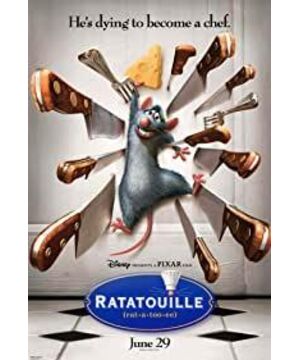Recently, I have watched animated films from many countries and different expressions. Among them, the American cartoons produced by Disney & Pixar, DreamWorks, etc. are still my favorite. In addition to those factors that are open-minded, rich in imagination, and realistic in audio-visual effects, the film's use and accurate expression of foreign themes from countries around the world, including traditional Chinese cultural elements, made me admire and ponder. Clearly, the production and dissemination of extraterritorial animated films is a way for the United States to continue to tighten its grip on global culture. The use of these extraterritorial themes is not necessarily a real endorsement. It may be a political need to subtly convey American cultural values, or to obtain local box office revenue in the importing country. But no matter what, just from the point of view of ordinary audiences, the strong affinity that these animated films show will make people like them. The traditional culture of the motherland is extensive and profound, and how to correctly express and inherit it has become more important. In reality, some half-understood Chinese people are tirelessly comparing millet soup and milk, and even throwing milk on the ground for nothing? Long use it as an argument to deny the nutritional value of milk, which is astounding and vulgar and ridiculous. In addition to inheritance, excellent culture also needs to be absorbed and discarded. It is impossible for everyone to become an artist or some kind of home in life, but art and civilization belong to everyone. Only those who have treasures in their hearts can see the splendid and diverse civilizations.
View more about Ratatouille reviews











